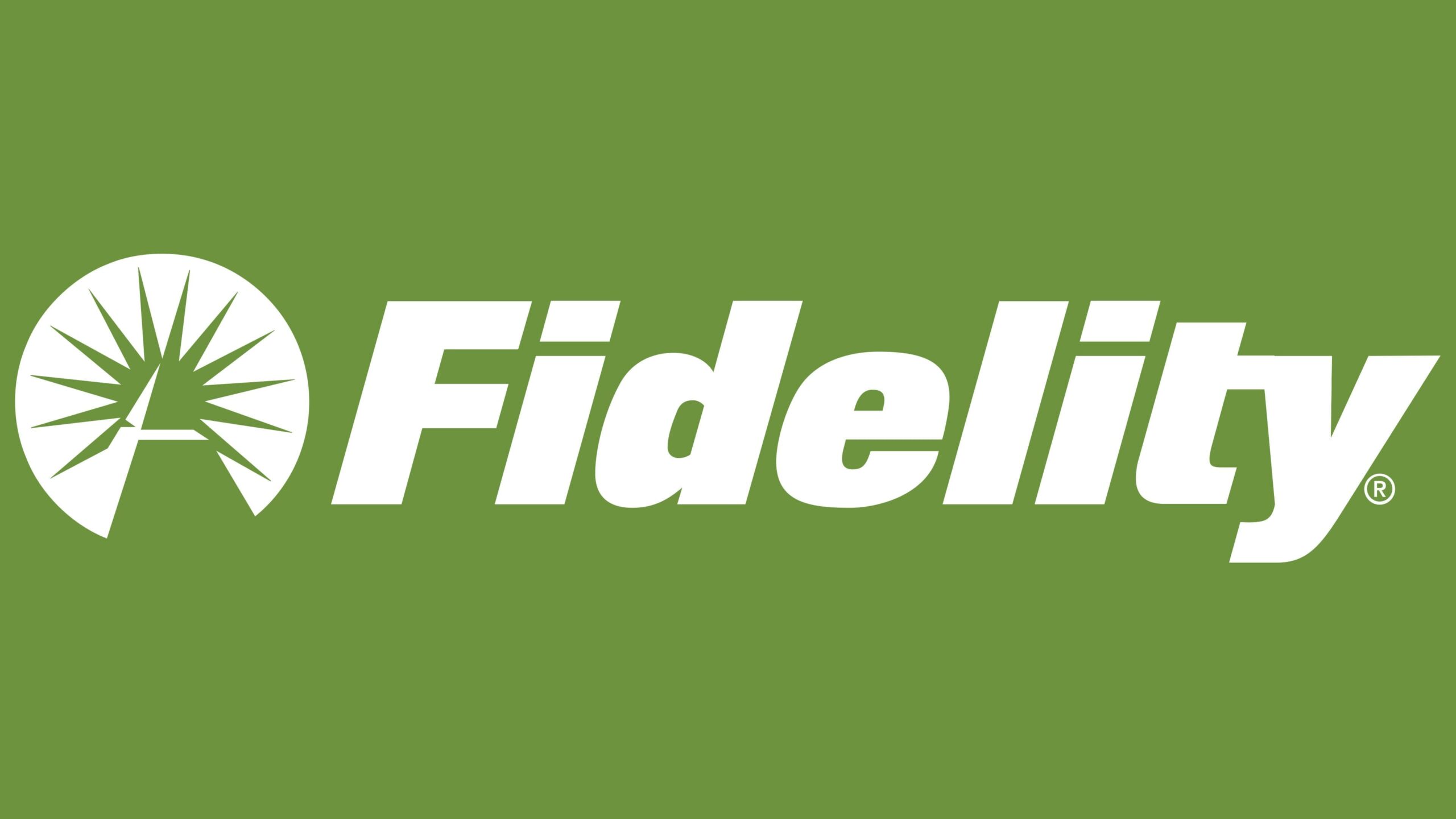

Finance
How Much Do Commercial Insurance Agents Make?
Published: November 19, 2023
Discover how much commercial insurance agents make in the finance industry. Get insights into their earnings and salary potential.
(Many of the links in this article redirect to a specific reviewed product. Your purchase of these products through affiliate links helps to generate commission for LiveWell, at no extra cost. Learn more)
Table of Contents
- Introduction
- Factors Affecting Commercial Insurance Agent Income
- Average Salary for Commercial Insurance Agents
- Commission Structure for Commercial Insurance Agents
- Additional Income Opportunities for Commercial Insurance Agents
- Regional Variations in Commercial Insurance Agent Income
- Job Outlook for Commercial Insurance Agents
- Conclusion
Introduction
Commercial insurance agents play a crucial role in the insurance industry by helping businesses protect themselves against potential risks and liabilities. These professionals are responsible for assessing the insurance needs of commercial clients and matching them with appropriate policies. One important consideration for individuals considering a career as a commercial insurance agent is the potential income they can earn.
Many factors can influence the income of a commercial insurance agent, including their experience, client base, geographic location, and the types of policies they handle. Understanding these factors is essential for those aspiring to enter the field or those looking to negotiate their compensation.
In this article, we will explore the various factors that can affect the income of commercial insurance agents. We will discuss the average salary range, commission structure, and additional income opportunities for professionals in this field. We will also take a look at regional variations in income and provide insights into the job outlook for commercial insurance agents.
Whether you are considering a career in commercial insurance or are already working in the field, having a comprehensive understanding of the income potential for commercial insurance agents is essential for setting realistic expectations and making informed decisions.
Factors Affecting Commercial Insurance Agent Income
The income of commercial insurance agents can vary significantly based on several factors. Understanding these factors is crucial for individuals looking to enter the field or those seeking to increase their earning potential. Here are some key factors that can affect the income of commercial insurance agents:
- Experience: Like many professions, experience plays a significant role in determining an insurance agent’s income. Agents with several years of experience typically have a more extensive network of clients and a better understanding of the insurance market. As a result, they often have the opportunity to earn higher commissions and bonuses.
- Client Base: The size and quality of an insurance agent’s client base directly impact their income. Agents who have established relationships with high-value clients or businesses in niche industries can earn more due to the larger premiums associated with these clients. Additionally, having a diverse client base can provide a steady stream of income and increase earning potential.
- Products and Services Offered: The range of insurance products and services offered by an agent can also affect their income. Agents who specialize in specific niche areas, such as cyber liability insurance or commercial property insurance, often have the opportunity to earn higher commissions due to the complexity and higher premiums associated with these policies.
- Geographic Location: The geographic location in which an insurance agent operates can impact their income. Agents working in larger metropolitan areas with a thriving business community often have access to more potential clients and higher-value policies. Additionally, agents in regions with higher levels of risk or exposure, such as areas prone to natural disasters, may have increased opportunities for selling commercial insurance policies and earning higher commissions.
- Economic Conditions: The overall economic conditions of the region or country can indirectly affect an insurance agent’s income. During times of economic growth and expansion, businesses may be more willing to invest in insurance coverage, leading to increased demand and potential for higher commissions. Conversely, during economic downturns or recessions, businesses may cut back on insurance expenses, impacting an agent’s income.
It’s important to note that while these factors can influence an insurance agent’s income, individual drive, sales skills, and the ability to build and maintain relationships with clients also play a significant role in determining earning potential. Commercial insurance agents who actively cultivate their skills and seek out opportunities for professional development are more likely to see their income grow over time.
Average Salary for Commercial Insurance Agents
The average salary for commercial insurance agents can vary depending on various factors such as experience, location, and the size of their client base. While it is difficult to provide an exact figure, we can look at industry data to get a general idea of the earning potential for these professionals.
According to the U.S. Bureau of Labor Statistics (BLS), the median annual wage for insurance sales agents, which includes commercial insurance agents, was $52,180 as of May 2020. However, it’s important to note that the median wage represents the midpoint, meaning that half of the agents earned more than this amount, and half earned less.
The salary range for commercial insurance agents can vary significantly. Entry-level agents or those with limited experience may start with a lower salary, typically in the range of $30,000 to $40,000 per year. As agents gain experience and build a substantial client base, their earning potential can increase significantly, with some agents earning six-figure incomes or more.
It’s important to remember that the salary of commercial insurance agents often relies heavily on commissions and bonuses in addition to base salary. The compensation structures may vary between firms, but it is common for agents to earn a percentage of the premiums they sell. This commission structure incentivizes agents to actively seek out clients and write higher-value policies.
Additionally, commercial insurance agents may also receive bonuses based on their performance and sales targets. These bonuses can be a significant additional source of income for agents who excel in their role and surpass their sales goals.
While the average salary is a useful benchmark, it’s important to bear in mind that factors such as location, client base, and negotiating skills can have a significant impact on an agent’s overall earning potential. Commercial insurance agents who are proactive in developing their skills and expanding their network have the opportunity to increase their income over time.
Commission Structure for Commercial Insurance Agents
The commission structure for commercial insurance agents is a crucial aspect of their income and earning potential. Unlike a fixed salary, the commission structure allows agents to earn a percentage-based commission on the policies they sell. This provides a direct incentive for agents to actively seek out new clients and write policies with higher premiums.
The specific commission structure can vary between insurance companies and agencies, but it typically follows a similar framework. Agents earn a commission based on the annual premium of the insurance policy they sell, with the percentage varying depending on the type of policy and the insurance provider.
For example, an insurance company may offer a commission rate of 10% for general liability policies and 15% for property insurance policies. If an agent sells a general liability policy with an annual premium of $10,000, they would earn a commission of $1,000.
In addition to the base commission rate, some insurance companies may provide tiered commission structures. This means that agents can earn a higher commission rate as they reach specific sales targets or write policies with higher premiums. These tiered structures are designed to incentivize agents to exceed their sales goals and reward their performance.
It’s important to note that the commission structure may also be influenced by factors such as the agent’s experience, the size of their client base, and the types of policies they handle. Experienced agents or those with a large book of business may negotiate higher commission rates with insurance providers due to their track record and potential for bringing in substantial business.
Aside from commissions, commercial insurance agents may also receive bonuses based on their sales performance or achieving certain objectives set by the company. These bonuses can provide agents with additional income and serve as further motivation to excel in their role.
While the commission structure offers the potential for significant income, it’s important to remember that commercial insurance agents must actively pursue new clients and consistently generate sales to maximize their earnings. Agents who are adept at building and maintaining relationships, identifying client needs, and effectively promoting insurance solutions have the opportunity to thrive in this commission-based compensation model.
Additional Income Opportunities for Commercial Insurance Agents
Commercial insurance agents have various avenues to generate additional income beyond their base salary and commission structure. These opportunities can provide agents with the potential to boost their earnings and diversify their income streams. Here are some of the additional income opportunities available to commercial insurance agents:
- Upselling and Cross-selling: One way for agents to increase their income is by upselling and cross-selling additional insurance products to their existing clients. By understanding the unique risks and needs of their clients’ businesses, agents can recommend and sell additional policies or coverage add-ons. Upselling and cross-selling can result in higher premiums and increased commissions for the agents.
- Renewal Commissions: Many commercial insurance policies renew on an annual basis. Agents who successfully retain clients and maintain their policy portfolio can earn renewal commissions. These commissions are typically a percentage of the annual premium and can provide a stable source of income for agents over time.
- Referral Programs: Some insurance agencies offer referral programs that allow agents to earn additional income by referring new clients to the company. Agents receive a commission or bonus for each successful referral that converts into a policy sale. This provides agents with an incentive to leverage their network and generate new business opportunities.
- Specialized Certifications: Commercial insurance agents who obtain specialized certifications in specific areas, such as cyber liability, environmental liability, or professional liability insurance, can increase their expertise and marketability. With these certifications, agents can target niche markets and clients with specialized insurance needs, potentially commanding higher premiums and earning higher commissions.
- Additional Services: Commercial insurance agents can expand their income potential by offering additional services alongside traditional insurance policies. These services can include risk assessments, loss prevention consultations, or claims management services. By offering value-added services, agents can differentiate themselves from competitors and potentially charge additional fees for their expertise.
- Agency Ownership: Experienced commercial insurance agents may have the opportunity to own or become partners in insurance agencies. This allows them to build a business and earn profits beyond their individual commissions, as they are now responsible for the overall success of the agency. Agency ownership can offer substantial financial rewards but also comes with increased responsibilities and risks.
These additional income opportunities can significantly contribute to the overall earnings of commercial insurance agents. It’s important for agents to explore and capitalize on these opportunities while maintaining a strong focus on customer service, sales, and building long-term relationships with clients.
Regional Variations in Commercial Insurance Agent Income
The income of commercial insurance agents can vary based on their geographic location. Different regions have unique economic factors, business landscapes, and insurance market dynamics that can impact the earning potential for agents. Here are some key considerations regarding regional variations in commercial insurance agent income:
Cost of Living: The cost of living in a specific region can have a direct impact on insurance agent income. Agents working in high-cost cities or areas with a higher cost of living may negotiate higher base salaries or higher commission rates to accommodate the higher expenses they incur.
Business Environment: The business environment of a region, including its industry composition and economic activity, can influence commercial insurance agent income. Areas with a robust business sector, such as financial centers or manufacturing hubs, may offer agents more opportunities to write policies with higher premiums, resulting in increased earning potential.
Insurance Market: The competitiveness and complexity of the insurance market in a particular region can impact agent income. In regions with a highly competitive market, agents may need to work harder to secure clients and may face pressure to offer competitive rates, which can affect their commissions. Conversely, regions with a less saturated insurance market may provide agents with more opportunities and potentially higher commissions.
Regulatory Environment: The regulatory landscape can also influence commercial insurance agent income. Regions with more stringent regulations or licensing requirements may have barriers for newcomers or require additional certifications, potentially impacting an agent’s ability to grow their client base and earn higher commissions.
Local Economy: The strength and stability of the local economy can play a role in commercial insurance agent income. Regions with a thriving economy and steady business growth may see an increase in demand for insurance coverage, allowing agents to earn higher commissions. Conversely, regions facing economic downturns or industry declines may experience reduced demand for insurance, affecting agent income.
It’s important for commercial insurance agents to research and understand the particular dynamics of their region to effectively navigate the market and maximize their earning potential. Networking with other local professionals, staying updated on regional business trends, and aligning their services with the needs of local businesses can help agents succeed in regions with varying income potentials.
Job Outlook for Commercial Insurance Agents
The job outlook for commercial insurance agents is generally positive, with opportunities for growth and advancement in the industry. While technological advancements and changes in the insurance landscape may impact the role of agents, the need for businesses to protect themselves against risks ensures the ongoing demand for their services. Here are some key factors that contribute to the job outlook for commercial insurance agents:
Industry Growth: The insurance industry continues to grow, driven by factors such as increased business complexities, emerging risks, and stricter regulations. As businesses seek comprehensive coverage and risk management solutions, the demand for commercial insurance agents remains steady, creating job opportunities in the field.
Evolving Insurance Products: The insurance market is constantly adapting to new risks and demands. Commercial insurance agents who stay current with industry trends and expand their expertise in specialized insurance products, such as cyber liability or climate change insurance, are well-positioned to meet the evolving needs of businesses and remain competitive in the job market.
Technology Integration: The integration of technology within the insurance industry has the potential to change the way commercial insurance agents operate. While digital platforms and automated processes may streamline certain aspects of the job, agents still provide value through their in-depth knowledge, client relationships, and personalized services. Adapting to and leveraging technology can enhance an agent’s efficiency and effectiveness.
Client Relationship Management: The role of commercial insurance agents extends beyond policy sales. Building strong relationships with clients and providing personalized advice and risk management solutions are critical for success. Agents who excel in client relationship management and offer exceptional customer service will continue to be in demand as businesses value the expertise and guidance that agents bring to the table.
Retirement of Existing Agents: As experienced agents retire from the industry, new opportunities arise for aspiring agents to enter the field. The retirement of senior agents often opens up client portfolios, allowing new agents to inherit established client bases and jumpstart their careers. This turnover creates a continuous need for new talent in the commercial insurance industry.
Continual Professional Development: Commercial insurance agents who invest in their professional development by pursuing industry certifications, attending relevant courses, and staying updated on industry trends position themselves for long-term success. Continuous learning and honing of skills not only enhance an agent’s expertise but also demonstrate commitment to their profession, making them attractive candidates for employers.
Overall, while the role of commercial insurance agents may evolve with advancements in technology, the industry’s ongoing demand for risk management and insurance solutions ensures a favorable job outlook. Agents who adapt to the changing landscape, embrace technology, and prioritize client relationships and professional development will continue to thrive in the commercial insurance sector.
Conclusion
Commercial insurance agents play a vital role in helping businesses protect themselves against potential risks and liabilities. Understanding the factors that can affect an agent’s income is crucial for both aspiring professionals and those already working in the field. Factors such as experience, client base, product offerings, geographic location, and economic conditions can all impact an agent’s earning potential.
While the average salary for commercial insurance agents varies, the industry offers significant income opportunities. Base salaries, commissions, and bonuses make up the primary sources of income for agents. Upselling, cross-selling, renewal commissions, referral programs, specialized certifications, and additional services provide avenues for agents to boost their income and diversify their revenue streams.
Regional variations in commercial insurance agent income are influenced by factors such as the cost of living, business environment, insurance market dynamics, regulatory environment, and the health of the local economy. Agents must understand and adapt to the specific dynamics of their region to maximize their earning potential.
The job outlook for commercial insurance agents is promising, driven by industry growth, evolving insurance products, technology integration, client relationship management, retiring agents, and the importance of continuous professional development. Adaptability, technological proficiency, strong client relationships, and a commitment to ongoing learning are key to thriving in the industry.
In conclusion, commercial insurance agents have the potential to earn substantial incomes and build rewarding careers. By understanding the various factors that influence income, seizing additional income opportunities, adapting to changing industry dynamics, and investing in professional development, agents can position themselves for long-term success in this dynamic and important field.














